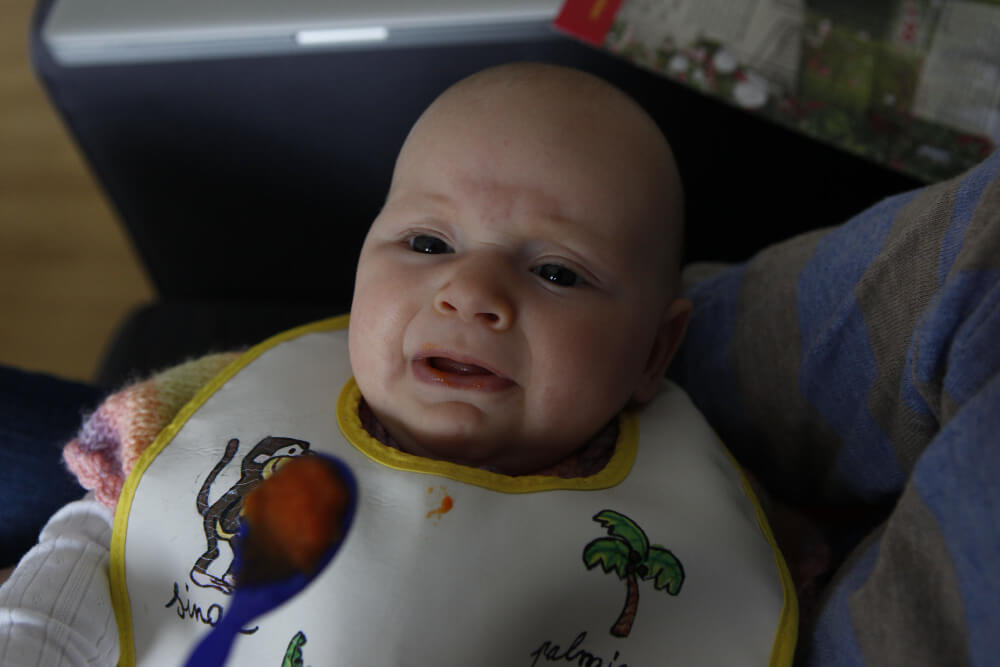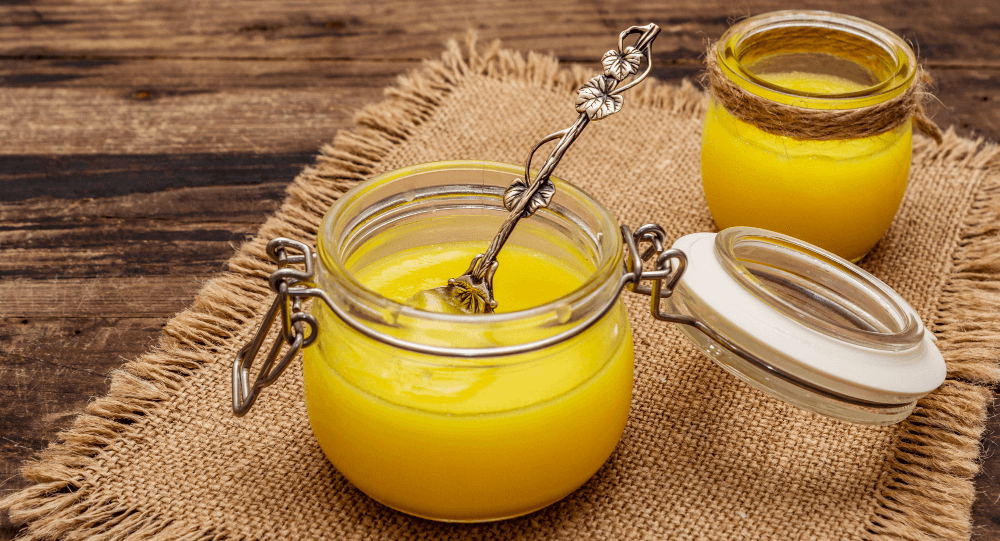Shaken Baby Syndrome (SBS), also known as Abusive Head Trauma (AHT), is a severe brain injury caused by forcefully shaking an infant or young child. Babies have fragile brains and weak neck muscles, making them highly vulnerable to damage when violently shaken. The condition often results in permanent brain damage or death.
Causes of Shaken Baby Syndrome
It occurs when a caregiver, often in frustration or anger, shakes a baby violently, usually due to prolonged crying or perceived misbehaviour. Common scenarios include:
- Parental Stress or Fatigue: Caregivers losing patience with a crying or colicky baby
- Lack of Awareness: Ignorance about the harmful effects of shaking a child
- Domestic Abuse: Intentional harm inflicted on the child during episodes of violence.
Signs and Symptoms of Shaken Baby Syndrome
The symptoms vary depending on the severity of the shaking. They include:
Mild Symptoms
- Irritability or excessive crying.
- Poor feeding or refusal to eat.
- Lethargy or decreased alertness.
- Vomiting without any apparent illness.
Severe Symptoms
- Seizures or convulsions.
- Difficulty breathing.
- Coma or unresponsiveness.
- Bluish skin (cyanosis).
- Abnormally large head due to swelling.
Physical Signs
- Retinal haemorrhages (bleeding in the eyes).
- Bruising or fractures in the arms, legs, or ribs.
- Stiffness or limpness in the body.
Serious Consequences of Shaken Baby Syndrome
It can lead to lifelong complications or even death. Common outcomes include:
Neurological Damage
- Cognitive impairments such as learning disabilities or memory problems.
- Speech and language difficulties.
Physical Disabilities
- Paralysis due to spinal cord damage.
- Seizure disorders or epilepsy.
Sensory Loss
- Blindness or impaired vision from retinal damage.
- Hearing loss.
Behavioural Problems
Aggression, hyperactivity, or social difficulties in later life.
Death
In severe cases, the trauma can be fatal.
Diagnosis of Shaken Baby Syndrome
Doctors use the following tools to diagnose SBS:
- Physical Examination: Checking for external injuries or abnormal reflexes
- Imaging Tests:
- CT or MRI Scans: Identify brain bleeding, swelling, or fractures.
- X-rays: Reveal bone fractures or injuries.
- Ophthalmological Exam: Detects retinal hemorrhages.
- Blood Tests: Rules out other causes of symptoms, such as infections or metabolic disorders.
External Therapies
Abhyanga (Oil Massage)
Regular massage with medicated oils like Dhanvantaram Taila to improve circulation, relax muscles, and reduce Vata imbalance.
Shirodhara
Gentle pouring of warm medicated oil on the forehead to calm the mind and restore balance in the nervous system (use only in older children).
Panchakarma Therapies (for Older Children)
Detoxification therapies like Basti (Medicated Enema) are recommended to balance Vata and nourish the nervous system.
External Therapies
Abhyanga (Oil Massage):
- Regular massage with medicated oils like Dhanvantaram Taila to improve circulation, relax muscles, and reduce Vata imbalance.
Shirodhara:
- Gentle pouring of warm medicated oil on the forehead to calm the mind and restore balance in the nervous system (use only in older children).
Dietary Recommendations (Ahara)
- Include foods that pacify Vata:
- Warm, easily digestible meals.
- Ghee, almond milk, and soups.
- Avoid cold, dry, or processed foods.
Lifestyle Recommendations (Vihara)
- Provide a calm, nurturing environment for the child.
- Avoid exposing the child to loud noises or stressful situations.
Internal Therapies
Brahmi (Bacopa monnieri)
Enhances cognitive functions and promotes brain healing.
Ashwagandha (Withania somnifera)
Strengthens the nervous system and reduces inflammation.
Shankhpushpi (Convolvulus pluricaulis)
Improves memory, focus, and neurological health.
Kalyanaka Ghrita
A medicated ghee that rejuvenates the nervous system and calms Vata imbalance.
Shaken Baby Syndrome is a preventable condition with potentially devastating consequences. Ayurvedic therapies, when integrated with modern medical care, can aid in long-term recovery by addressing neurological and developmental challenges. Preventing Shaken Baby Syndrome through awareness and proper care is crucial to safeguarding a child’s health and future.







